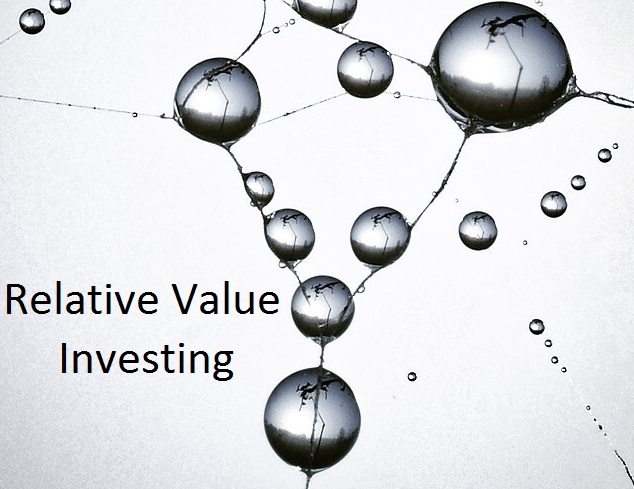Most investors say they are investing for the long haul.
A 10 year or longer time horizon is a natural goal for capital appreciation, particularly to ride an economic cycle. However (just about) all investors act emotionally on a time frame of weeks, quarters, and years. So how do you combat these behavioral temptations of chasing performance? How do you incentivise investors to behave in their own best interest?
I have this theory that a capital allocator IE your fund manager is to serve you as a 'layer of reason' to encourage you to not do the wrong thing at the wrong time. If this actually works, an additional incentive is to have your funds managed without a management fee.
With a 0% management fee investors can remove one major hurdle to returns (high fees). The performance fee for fund management can also be set with a generous hurdle, which is either a fixed annual return or a public benchmark. Contrary to Mr Buffett's assertion, there is actually a growing movement (down under) of like-minded asset managers who subscribe to the logic of managing client funds for a zero management fee structure. See http://egpcapital.com.au/, http://castlereaghequity.com.au/ or my humble links for more info.
An excerpt from 2017 Berkshire Hathaway Annual Meeting. Maybe Warren Buffett overlooked the point that many fund managers would leap at this deal, with 'no admin/compliance/marketing expenses'!
The core goal is to provide as much value as one can for the client. Additionally, a notion is to dis-incentivise the client who behaves poorly by chasing returns, closes accounts, and moves onto the next hot offering.
Overall the aim is to have a good structure for investors that really want to invest their money for their supposed goals, and not withdraw except for normal reasons (estate management or similar).


